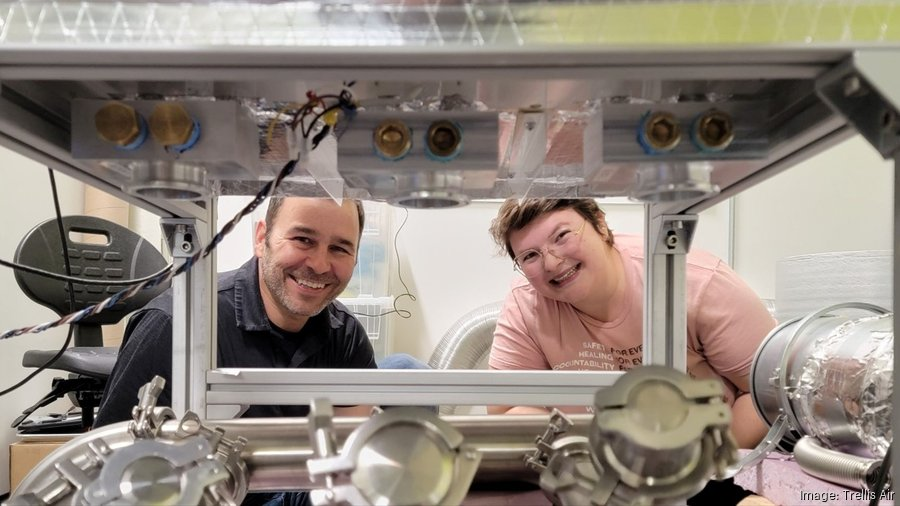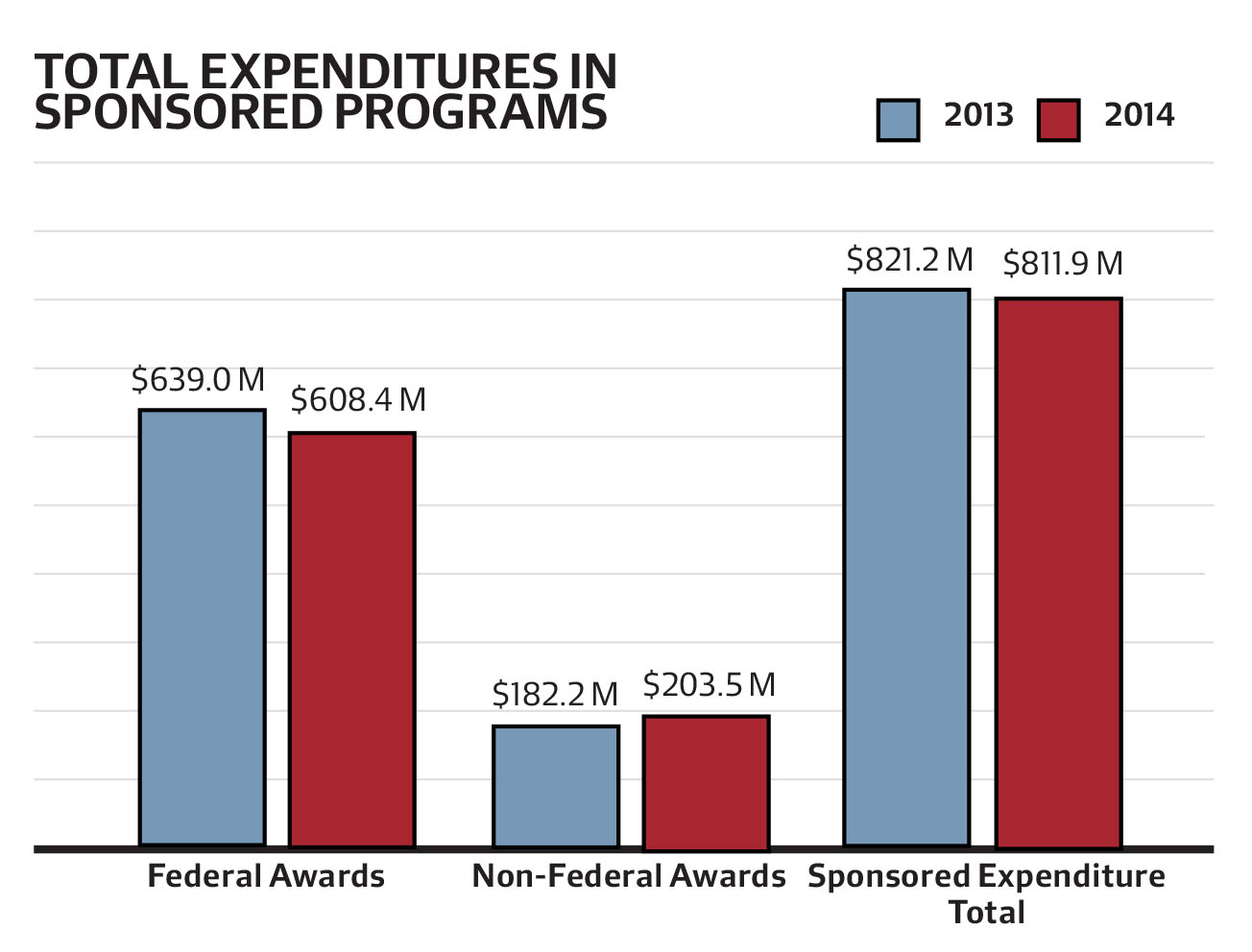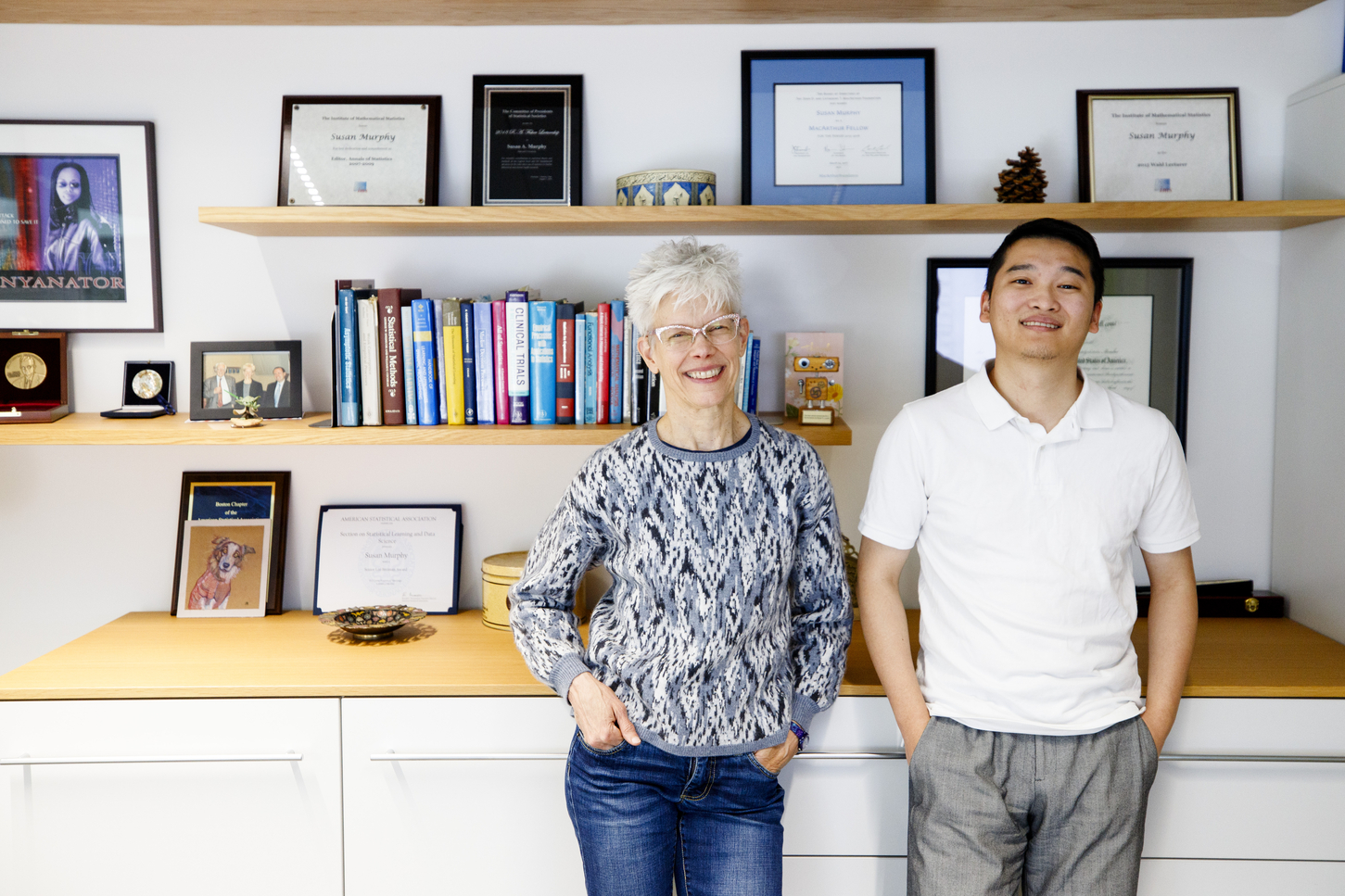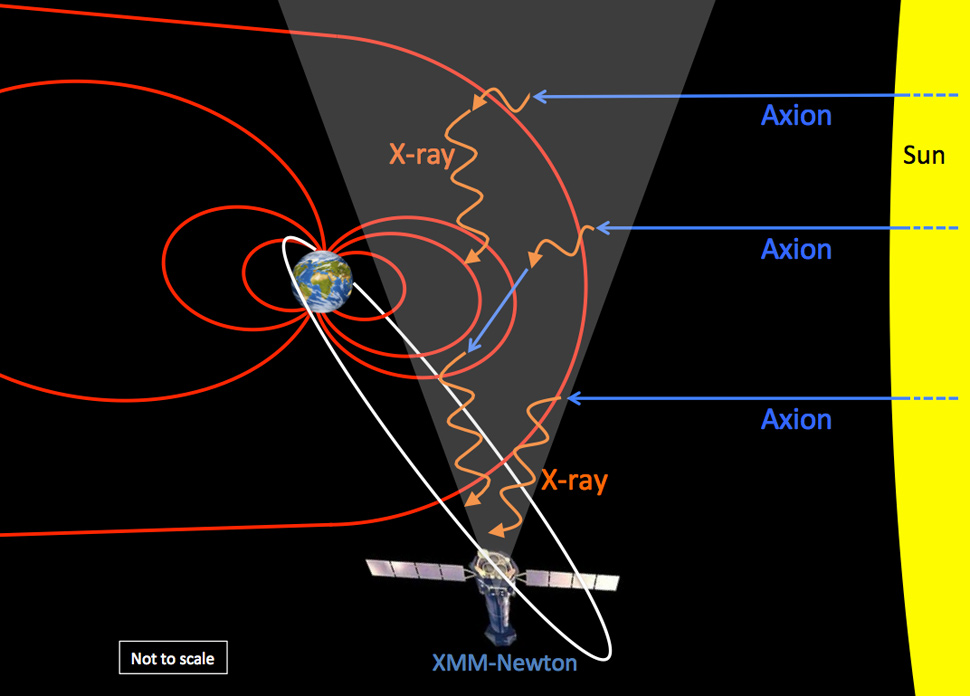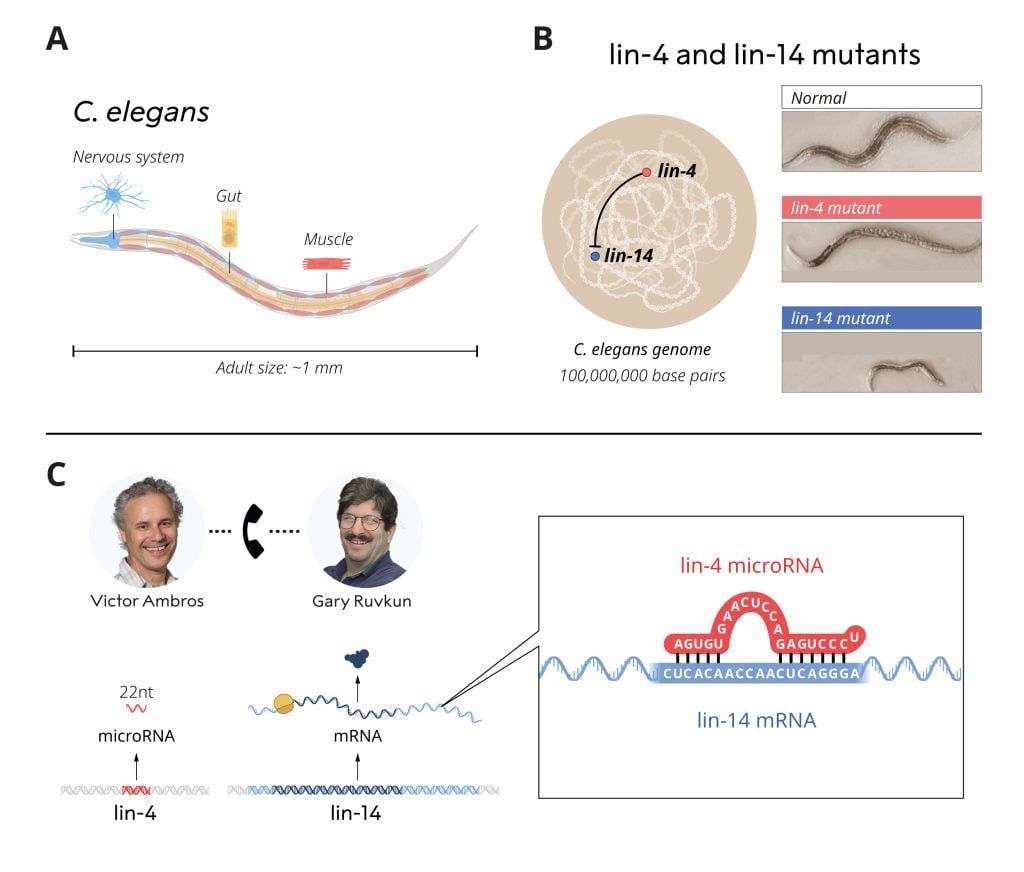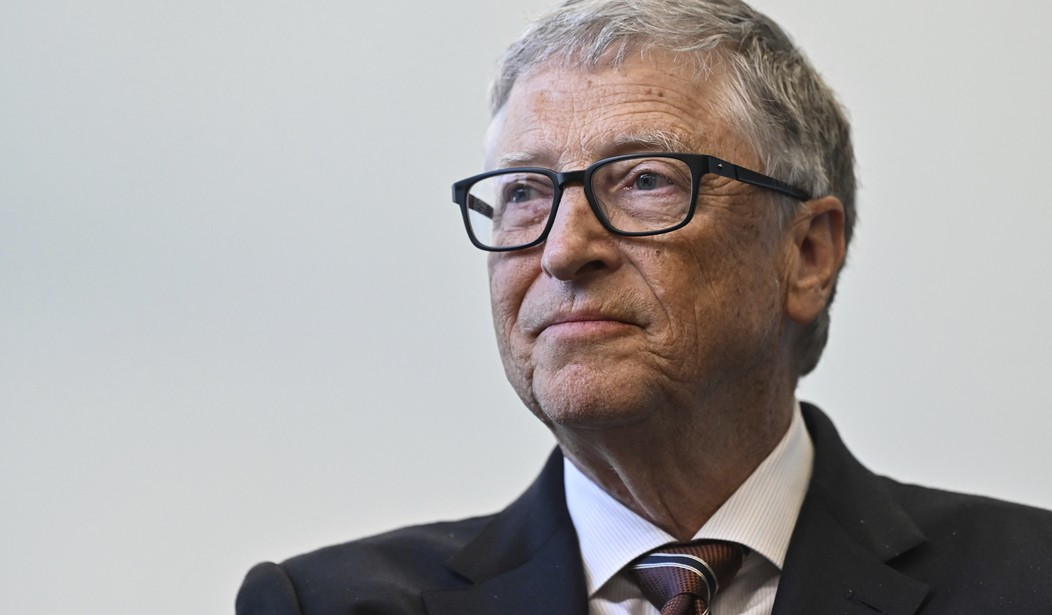
Bill Gates AI Predictions: Insights from His New Memoir
In a rapidly evolving digital landscape, Bill Gates AI predictions take center stage as he explores the future impact of artificial intelligence on society. Known for his pivotal role in shaping Microsoft history, Gates brings not only his expertise but also a unique perspective on the implications of AI technology concerns. Drawing insights from his newly released memoir, Gates emphasizes the importance of curiosity and learning in navigating the complexities of this transformative technology. As conversations about the impact of AI intensify, his perspectives are invaluable for understanding the balance between innovation and caution. Gates’ reflections serve as a reminder that while the potential benefits of AI are immense, it’s essential to approach these advancements thoughtfully.
When discussing the next frontier of technology, prominent figures like Gates highlight their forecasts on AI advancements and their societal effects. As the co-founder of an iconic software giant, he sheds light on his experiences and insights concerning machine intelligence and its growing influence. In his latest autobiography, Gates shares personal anecdotes that fuel curiosity and inspire a deeper understanding of emerging technologies. These dialogues are rooted in his commitment to education and personal growth, drawing a parallel between his past endeavors and the future potential of AI. As we delve into the realm of artificial intelligence, the balance of hope and caution remains essential in shaping our collective future.
Bill Gates’ Insights on AI Technology
During a recent speaking engagement, Bill Gates expressed his views on the rapid advancement of artificial intelligence (AI) technology. Known for his deep understanding of tech nuances, Gates emphasized a contrasting sentiment: while he is optimistic about the potential of AI, he also finds it unsettling. This duality reflects a common concern among many in the tech community; the speed at which AI technology is evolving raises questions about its implications for society. Gates’s predictions about AI range from its ability to revolutionize sectors such as healthcare and education to a recognition of the ethical dilemmas that must be navigated as we integrate these systems into daily life.
Furthermore, Gates pointed out that AI’s capability in streamlining tasks could indeed lead to significant improvements in productivity. However, he cautioned against an uncritical embrace of AI without a thorough analysis of its risks. As the landscape of technology shifts, Gates calls upon creators and consumers alike to remain vigilant about how these tools will ultimately be utilized. This ongoing dialogue reflects the broader conversation surrounding the impact of AI and serves as a reminder that innovation must be paired with responsibility.
The Legacy of Bill Gates and Microsoft: A Journey Through Tech History
Bill Gates’s journey from a bright student at Harvard to a tech titan is a captivating narrative woven through the history of Microsoft. With the founding of the company in 1975, Gates not only changed the face of personal computing but also laid the groundwork for widespread technological expansion. His memoir, ‘Source Code,’ offers readers an intimate glimpse into this transformational period, detailing his initial fascination with computing and the moments that led to the inception of software giants. The foundational experiences Gates describes resonate with the values of curiosity and experimentation that he believes are essential for innovation.
Microsoft’s path, filled with both triumphs and challenges, illustrates the impact of perseverance and foresight. Gates’s decision to drop out of Harvard illustrates a pivotal risk that many entrepreneurs face. It’s this willingness to learn and adapt, especially in a rapidly changing tech environment, that has defined Gates’s influence not only in software but also in global philanthropy. His narrative is not just about building a business; it’s a testament to the power of pursuing passion in the face of uncertainty, inspiring the next generation of technological innovators.
The Impact of Curiosity and Learning in Tech Innovation
Throughout his career, Bill Gates has highlighted the indispensable role of curiosity and a commitment to lifelong learning as cornerstones of his success. In his memoir, he reflects on his early fascination with mathematics and programming, revealing how that curiosity drove him to explore new ideas and push beyond conventional boundaries. Gates argues that fostering a mindset geared towards exploration is essential, particularly in the field of technology, where the landscape is constantly evolving. This approach not only enriches personal development but also fuels innovation, allowing individuals to adapt to and shape the technological advancements that define our future.
Moreover, Gates believes that education should embrace this spirit of inquiry. He advocates for environments where young people can experiment and take calculated risks without fear of failure. By emphasizing the importance of curiosity-driven learning, Gates hopes to inspire future generations to pursue their interests passionately. This ethos is crucial not just in the tech industry but across all fields, fostering creativity and resilience that can lead to groundbreaking solutions and advancements.
Navigating AI Technology Concerns in Today’s Society
As AI technology becomes increasingly prevalent, concerns regarding its implications are more pronounced than ever. Bill Gates has joined the conversation, expressing a balanced perspective that acknowledges both the immense potential benefits and the significant ethical dilemmas posing challenges today. Gates is particularly concerned about how AI could exacerbate issues related to privacy, security, and misinformation. He encourages a proactive approach in addressing these concerns, emphasizing that society must develop robust frameworks to govern AI’s use effectively, ensuring its benefits are accessible to all without compromising ethical standards.
In his talks, Gates often highlights the importance of public discourse and regulatory frameworks in navigating these AI-related challenges. By advocating for comprehensive discussions among tech developers, lawmakers, and the general public, Gates believes we can harness the advantages of AI while mitigating risks. This collaborative approach is essential as we confront the realities of a technology-infused world where AI is set to play a transformative role in daily life, underscoring the need for thoughtful integration.
Reflections on Bill Gates’ Philanthropic Endeavors
Bill Gates’s transition from tech pioneer to philanthropist is an inspiring example of leveraging success for global betterment. Through the Bill & Melinda Gates Foundation, he has spearheaded initiatives in health, education, and poverty alleviation worldwide. Gates believes that the same curiosity and innovative spirit that led to the creation of Microsoft should apply to tackling global challenges. His philanthropic work highlights a commitment not merely to distributing wealth but to fostering sustainable solutions that empower communities.
One key aspect of Gates’s philanthropy is the emphasis on education and its pivotal role in shaping future generations. By investing in educational programs and scholarships, he aims to create opportunities for underprivileged youth, particularly in technology and science. Gates recognizes that curiosity and a love for learning can unlock potential, transforming lives and communities. His multifaceted approach to philanthropy reaffirms the notion that technology, when combined with compassion and purpose, can serve as a powerful catalyst for change.
The Evolution of Personal Computing: Gates’ Early Experiences
Bill Gates’s early experiences with computers positioned him at the forefront of a technological revolution that would transform personal computing. He recounts how his adolescent passion for programming, combined with the excitement of the nascent computer industry, drove him to venture into uncharted territories. His time at Harvard, albeit brief, was pivotal in developing his understanding of software and mathematics, ultimately culminating in the creation of Microsoft. Gates’s account serves as a testament to the impact of early exposure and experimentation in fostering innovation.
The birth of Microsoft emerged from a confluence of Gates’s technical skills and the evolving needs of the computing market. His determination to develop software solutions tailored to users laid the groundwork for products that would become household names. Gates notes how the dynamic environment of the 1970s fueled his motivation to take bold risks, igniting what would become one of the most influential companies in tech history. This narrative illustrates that the advent of personal computing was as much about vision and opportunity as it was about technological advancements.
Bill Gates and the Future of Education in a Tech-Driven World
In discussions about the future of education, Bill Gates emphasizes the transformative potential of technology in reshaping teaching and learning. With the advent of AI and personalized learning tools, Gates envisions a world where educational resources are more accessible and tailored to individual needs. He advocates for leveraging technology not as a replacement for teachers but as a supplement that enhances the educational experience, allowing students to learn at their own pace. This vision aligns with his belief that curiosity should be at the heart of education, encouraging students to explore diverse subjects deeply.
Moreover, Gates stresses the importance of integrating coding and computational thinking into educational curricula. By equipping students with these essential skills, he believes we can prepare them for future careers in an increasingly tech-oriented job market. Gates’s initiatives in education reflect his commitment to fostering an environment where curiosity thrives, enabling young minds to adapt and innovate within a rapidly changing world. Ultimately, he champions a vision that combines technology with a fundamental love for learning, ensuring that future generations will navigate the complexities of the modern world adeptly.
The Philanthropic Philosophy of Curiosity and Risk-Taking
Gates’s approach to philanthropy is deeply rooted in the principles of curiosity and risk-taking. He frequently expresses the belief that much like in the tech industry, success in philanthropic efforts arises from a willingness to experiment with new ideas and challenge the status quo. By funding innovative projects and initiatives, Gates aims to address global health issues and reduce poverty through unconventional means. His strategy underscores the idea that calculated risk-taking can lead to significant social advancements when paired with thoughtful analysis and results-driven methodologies.
In his memoir, Gates shares anecdotes reflecting his newfound understanding of failure as part of the learning process, which he views as essential in nonprofit work. This commitment to embracing curiosity enables his foundation to explore diverse solutions for complex problems, prioritizing innovative thinking in its mission. Gates encourages other philanthropists to adopt a similar mindset, promoting a culture that fosters creativity and breakthrough ideas, ultimately driving societal change in ways that resonate with his own journey in technology.
Balancing Technology and Humanity: A View from Gates
Reflecting on the intersection of technology and humanity, Gates emphasizes the importance of maintaining a balance as technology continues to advance at a rapid pace. While he acknowledges the benefits brought by innovations like AI, he also highlights the responsibility that comes with such power. Gates stands as a reminder that the ultimate goal of technology should not only be productivity or efficiency but also enhancing human connectivity and quality of life. He advocates for a thoughtful integration of tech into society, urging stakeholders to consider the ethical implications of innovations.
Gates’s perspective challenges technologists and policymakers alike to ensure they prioritize human values amidst relentless advancement. By fostering inclusive dialogues around technological challenges, Gates envisions a future where technology serves as a bridge rather than a divide. His reflections encourage a nurturing approach that places humanity at the core, urging industry leaders to craft solutions that elevate all, particularly the marginalized. This balance of progress and empathy is vital in shaping a tech-driven future that truly benefits society as a whole.
Frequently Asked Questions
What are Bill Gates’ AI predictions for the future of technology?
Bill Gates predicts that AI technology will significantly improve sectors like medicine and education by providing ‘free intelligence’ that eases shortages faced by these industries. He acknowledges, however, that the rapid progress of AI raises some concerns.
How does Bill Gates’ memoir relate to his views on AI technology?
In his memoir ‘Source Code’, Bill Gates reflects on his journey in technology and expresses hope for AI to enhance productivity. He discusses the importance of curiosity and exploration in understanding the impact of AI, aligning his experiences at Microsoft with current technological advancements.
What concerns does Bill Gates have about AI technology?
Bill Gates has expressed that while AI technology holds great promise, it can also be ‘a little scary’ due to its fast-paced development. He emphasizes the necessity for careful consideration of how AI is integrated into everyday life, especially regarding its effects on society.
How does Bill Gates connect his early Microsoft history to his predictions about AI?
Gates draws parallels between his experiences founding Microsoft and the current AI landscape. He notes that just as Microsoft revolutionized productivity tools, AI technologies have the potential to transform various aspects of life, but require a cautious approach to ensure they benefit humanity.
In what way does Bill Gates advocate for curiosity and learning in relation to AI?
Gates encourages fostering curiosity and embracing new technologies, including AI. He believes that young people should be allowed to experiment with these advancements, as he did during his time at Microsoft, to harness their potential positively.
What role does Bill Gates see AI playing in education according to his predictions?
Gates predicts that AI will enhance educational methods by providing personalized learning experiences and alleviating resource shortages. He envisions a future where AI facilitates better access to quality education for all students.
How might Bill Gates’ predictions about AI impact future tech developments?
Gates’ predictions suggest a future where AI is integrated into various aspects of our lives, potentially leading to advancements in efficiency and productivity. His insights encourage developers and policymakers to consider the ethical implications of AI technologies.
What insights does Bill Gates share about balancing technology use in young people?
Gates advocates for a balanced approach to technology use among young people, drawing from his own parenting experience where he limited smartphone access. He believes in fostering healthy habits around technology, especially with the growing influence of AI.
What is the significance of Gates’ predictions on AI regarding global challenges?
Gates emphasizes that AI has the potential to address global challenges, such as healthcare shortages and educational access. His predictions reflect a belief that AI technology can play a key role in improving quality of life and solving critical issues.
How does Bill Gates view the future integration of AI and society?
Gates views the integration of AI into society as potentially transformative but requires cautious progression. He acknowledges the need for ethical considerations and thoughtful usage to prevent negative consequences while advancing technological benefits.
| Key Points | Details |
|---|---|
| Bill Gates’ Perspective on AI | Gates acknowledges the rapid pace of AI development and the potential it has for easing shortages in fields such as medicine and education, but he also admits it is ‘a little bit scary.’ |
| Background of Gates’ Memoir | His memoir, “Source Code,” explores his childhood, educational journey, and the creation of Microsoft, emphasizing the importance of curiosity and experimentation in learning. |
| Impact of Education | Gates discusses his experiences at Harvard, his love for mathematics, and how they shaped his outlook and career, acknowledging that he was not the best but still fostered a passion for technology. |
| Mentorship and Influence | Bill Gates credits his parents for their encouragement and allows his curiosity to drive his learning, which has influenced his philanthropic efforts today. |
| Concerns Over Technology’s Role | During the discussion, Gates reflected on today’s technology’s impact on youth and the balance needed to prevent overuse, especially regarding social media. |
| Gates’ Call to Action | He urged young innovators to embrace risks and experiment in the tech field, suggesting that curiosity leads to significant advancements. |
Summary
Bill Gates’ AI predictions highlight both optimism and caution in the face of rapidly evolving technology. During a recent event discussing his memoir, Gates expressed excitement for how artificial intelligence could address shortages in important sectors like medicine and education. However, he also recognized the speed of AI development as a cause for concern, noting that while technology can be a force for good, it requires thoughtful consideration of its impacts on society. His balanced view reflects a deep understanding of AI’s potential and pitfalls, encouraging a future where innovation goes hand in hand with responsibility.

